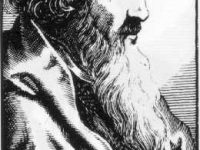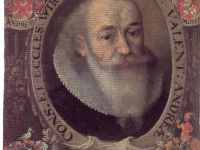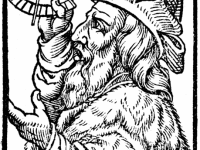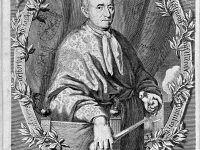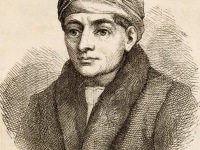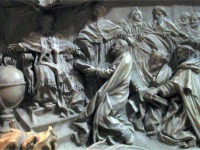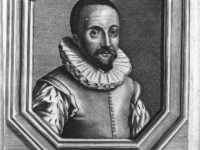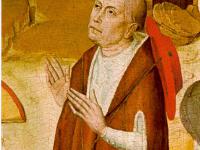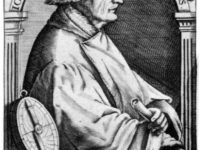Basilios Bessarion and the Great Revival of Letters
On January 2, 1403, Roman Catholic Cardinal Bishop Basilius Bessarion was born. The titular Latin Patriarch of Constantinople, Bessarion was one of the illustrious Greek scholars who contributed to the great revival of letters in the 15th century. One of the most learned scholars of his time, Bessarion spread knowledge of Greek language and learning by building a personal library that included a large collection of Greek manuscripts, by his patronage of…
Read more

